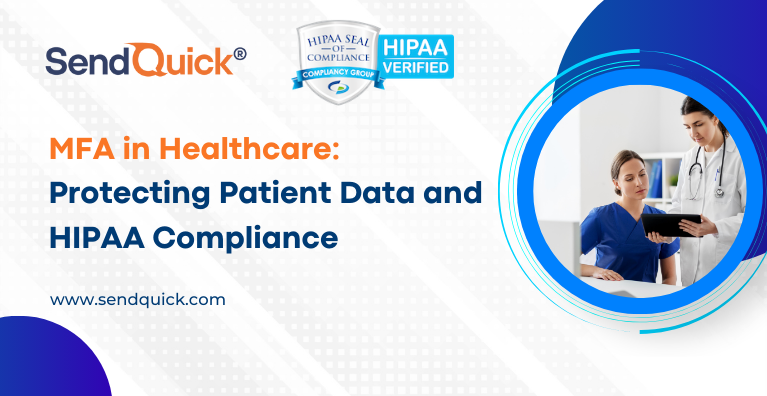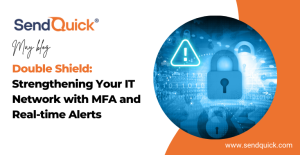The healthcare industry is in the midst of a digital transformation, with electronic health records (EHRs) and telemedicine becoming commonplace. While these technological advancements have improved patient care, they have also created new challenges for safeguarding patient data. Protecting sensitive patient information is not just good practice; it’s a legal requirement under the Health Insurance Portability and Accountability Act (HIPAA). In this article, we will delve into the importance of multi-factor authentication (MFA) in healthcare, the unique challenges it addresses, and how it plays a pivotal role in maintaining HIPAA compliance.
The Critical Need for Securing Patient Data
Patient data is among the most sensitive and sought-after information by cybercriminals. It includes not only personal information like names and addresses but also detailed medical histories, treatment plans, and insurance details. A data breach in healthcare can lead to severe consequences, such as substantial fines, legal liabilities, and the erosion of patient trust.
Unique Challenges in Healthcare Data Security
Diverse Ecosystem: Healthcare organizations manage a complex ecosystem comprising EHRs, medical devices, insurance databases, and more. Each element presents a potential vulnerability.
Human Element: Healthcare professionals, who are often under significant time constraints, may inadvertently expose data through actions like weak password choices or falling victim to phishing attacks.
Legacy Systems: Many healthcare facilities still rely on legacy systems that may not support modern security features, leaving them susceptible to attacks.
Regulatory Demands: HIPAA imposes strict requirements for securing electronic protected health information (ePHI), adding an additional layer of complexity to healthcare IT systems.
MFA: A Cornerstone of Healthcare Data Security
Multi-factor authentication is a powerful tool in the fight against data breaches and is uniquely suited to address the challenges faced by the healthcare industry. Here’s how MFA helps secure patient data:
Protecting Access Points: MFA secures remote access to EHR systems, patient portals, and other critical healthcare systems. Even if an attacker obtains login credentials, they would still need an additional authentication factor, such as a fingerprint scan or a time-sensitive code, to gain access.
Mitigating Human Errors: MFA adds an extra layer of security beyond traditional username and password authentication, reducing the risk of unauthorized access due to human errors, like password reuse or falling for phishing attacks.
Securing Legacy Systems: MFA can often be integrated into older systems, providing an additional layer of security in environments with outdated technology.
Ensuring HIPAA Compliance: MFA aligns with HIPAA’s requirement for secure access controls, ensuring that only authorized personnel can access patient records. It also enhances auditability, a crucial aspect of HIPAA compliance which SendQuick has attained.
MFA and HIPAA Compliance
HIPAA mandates the implementation of “reasonable and appropriate” security measures to protect patient data. MFA aligns perfectly with these requirements, providing robust access controls and an additional layer of security that helps healthcare organizations meet HIPAA’s stringent security mandates.
Furthermore, the Health Information Technology for Economic and Clinical Health (HITECH) Act, an extension of HIPAA, promotes the adoption of EHRs and calls for stricter enforcement of data security measures. MFA plays a pivotal role in helping healthcare providers adhere to HITECH Act requirements by fortifying access controls and data protection.
Conclusion
In the healthcare industry, protecting patient data and ensuring HIPAA compliance are non-negotiable imperatives. Multi-factor authentication serves as a vital component in addressing the unique challenges healthcare organizations face when safeguarding sensitive patient information. By implementing MFA, healthcare providers not only protect patient privacy but also strengthen their defenses against evolving cyber threats.
As healthcare continues its digital transformation, MFA remains a cornerstone in the arsenal of healthcare data security and regulatory compliance. It is not just a choice; it is an ethical and legal obligation to ensure the safety and privacy of patient information.
For more information on how to implement MFA in your healthcare organisation, please contact SendQuick today!






